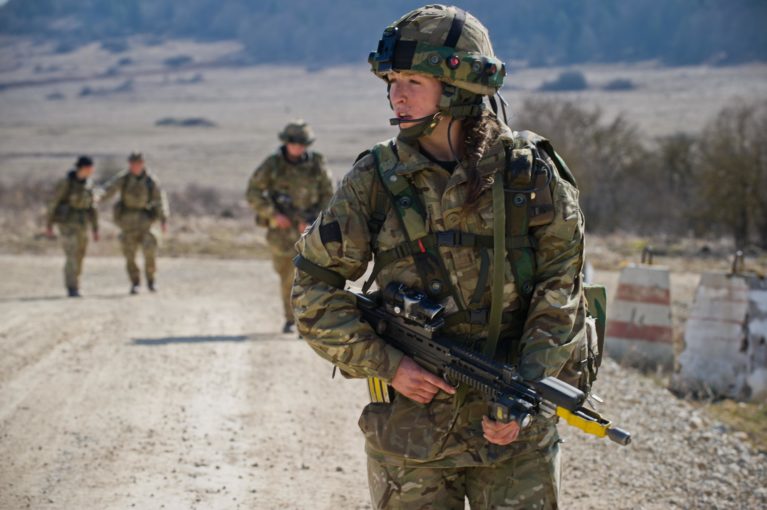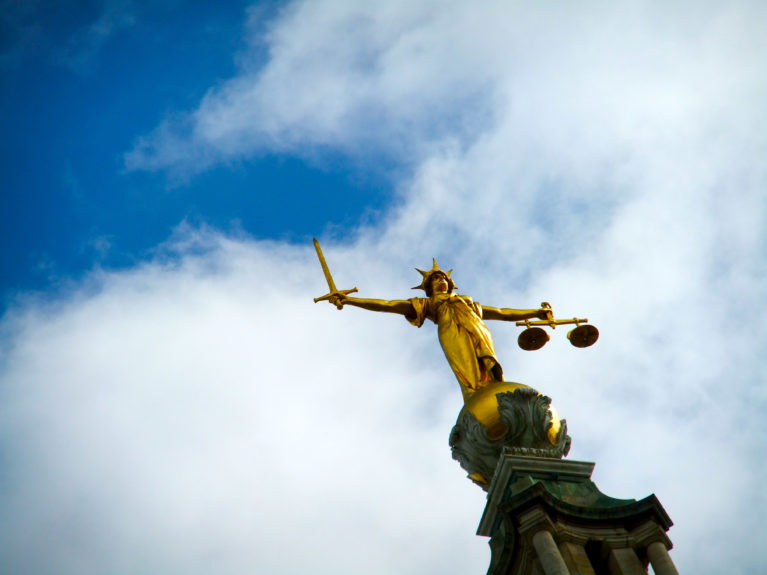Soldiers' rights
Deepcut barracks deaths: Coroner to deliver verdict in Private Sean Benton inquest
Posted on 17 Jul 2018
Sean Benton was found dead at Deepcut Barracks in 1995, where witnesses described a “culture of abuse”.
A Coroner will tomorrow deliver his verdict in a fresh inquest into the death of young army recruit Private Sean Benton, who was found dead at Deepcut barracks in 1995.
His Honour Judge Peter Rook QC will set out his conclusions at Woking Coroner’s Court from 11am. The wide-ranging investigation – which began in January – has considered how Sean died and the wider environment in which he lived at the Surrey camp, and heard evidence from 168 witnesses.
Many witnesses made serious allegations of bullying, abuse and mismanagement at Deepcut – where, according to evidence heard, in 1995 that there could be just one non-commissioned officer in charge of up to 300 young recruits.
The inquest has heard evidence that Sean suffered from mental health problems, and was physically and verbally attacked and “humiliated” by his fellow trainee soldiers and superiors.
Witnesses described a “culture of abuse” at Deepcut, while former staff said they felt unprepared to take charge of hundreds of trainee soldiers at the barracks.
Sean, 20, from Hastings, was found with five bullet wounds to his chest on 9 June 1995 – shortly after he had been told he was to be discharged from the Army. He was the first of four young soldiers to die of gunshot wounds at Deepcut between 1995 and 2002.
His death was followed by a brief investigation by the military’s internal police force, which his family fear was rushed and grossly inadequate. They went on to spend more than 20 years fighting for the thorough inquest they and their son deserved.
Sean’s sister Tracy Lewis and his twin brother Tony Benton, who are represented by Liberty, applied for a second inquest in July 2015. This was granted in October 2016.
The application was made possible only after Sean’s late mother Linda Benton used the Human Rights Act to finally access vast amounts of evidence held by Surrey Police about his death. Linda died in May 2015, having never discovered the truth about what happened to Sean.
Pte Sean Benton’s sister, Tracy Lewis, said: “This inquest has uncovered so much about what Sean’s life at Deepcut was like.
“It’s awful to think of what he might have been through, but I’m grateful to all those who gave evidence to help answer questions my family has been asking for 23 years.
“This process has revealed just how fundamental the flaws in the first investigation were, and how right my mum was to keep fighting for the truth. The Army, the first coroner and Surrey Police let my family down terribly.”
Emma Norton, Head of Legal Casework at Liberty and solicitor for the Benton family, said: “Whatever conclusions the Coroner reaches, the Army must reflect honestly and unflinchingly – not only on what happened in 1995 – but on the serious failings that still exist in the Armed Forces’ internal justice system, two decades on.
“When things go wrong, soldiers need an independent body to turn to right from the outset. And the Army must be more open to independent investigations by civilian police. The Army has nothing to fear from greater outside oversight. Without that we cannot be sure that other families won’t have to spend decades fighting for answers, as Sean’s have.”
Background
Sean’s death was immediately investigated by the Army’s own police force, the Royal Military Police, rather than by civilian police. Surrey Police acknowledged this failure at the fresh inquest and apologised for it.
His family estimate the initial inquest – which took place a month later – lasted less than two hours. It heard evidence from just six people.
Sean’s medical and mental health records were not obtained and no evidence was sought or given about his experiences at Deepcut. The Coroner recorded a verdict of suicide.
A criminal investigation carried out by Surrey Police in 2002 and 2003 concluded there was no evidence of third-party involvement. The families were told very little about what had happened and were not given access to the evidence uncovered by police.
In 2012, Liberty – acting on behalf of Sean’s mother Linda – used the Human Rights Act to insist Surrey Police give her access to all evidence held by the force about her son and his death so they could apply for a fresh inquest. Surrey Police agreed to disclose all relevant materials – a process that finally finished in 2015.
Liberty also represents the family of Cheryl James, who died at Deepcut on 27 November 1995. A fresh inquest into her death in 2016 revealed life at the barracks to be chaotic and dangerous for the young trainees, who had unrestricted access to alcohol, minimal supervision and virtually no welfare support. Liberty also acts for the family of Private James Collinson.
I'm looking for advice on this
Did you know Liberty offers free human rights legal advice?
What are my rights on this?
Find out more about your rights and how the Human Rights Act protects them
Did you find this content useful?
Help us make our content even better by letting us know whether you found this page useful or not


